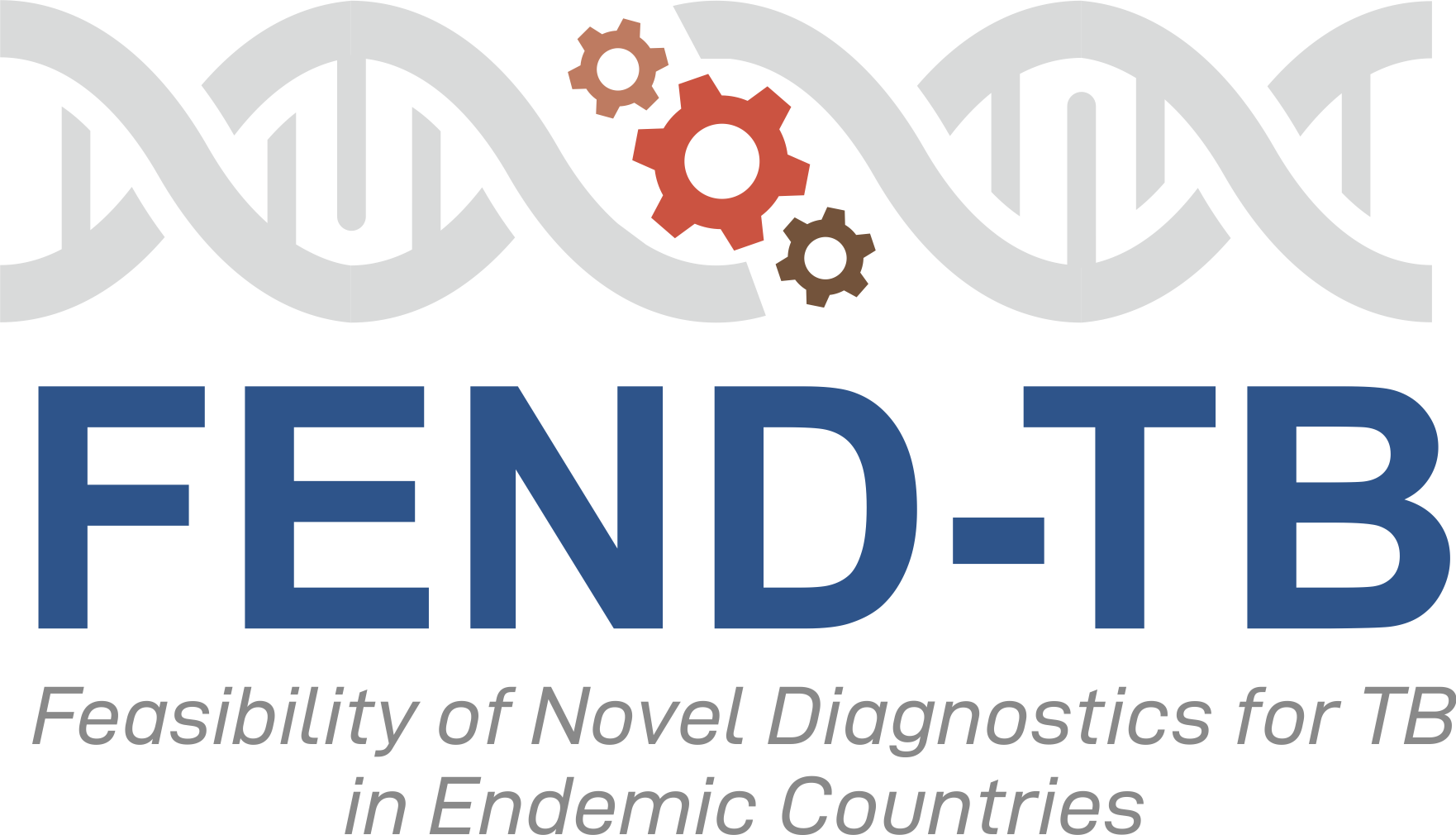Moldova
The Institute of Phthisiopneumology (IPP) in Chisinau is the main research institution and republican clinical structure for the field of tuberculosis control in Moldova.
The principal tasks of IPP are scientific research, clinical consultation and treatment of respiratory diseases, including tuberculosis. IPP is also involved in the educational process offering training and research courses for master and doctoral students with specialization in tuberculosis control, laboratory diagnostics, immunology and other respiratory pathologies.
The scientific and clinical potential of the IPP includes 25 departments, laboratories and clinical sections; from these 9 scientific laboratories are endowed with modern medical equipment.
Facilities and infrastructure of the institute include a hospital for treatment of TB and other respiratory diseases for 350 patients, the ambulatory department for 300 visits per day, auditoriums for lectures and seminars; and fully equipped laboratories including that for microbiological, immunological and molecular genetic investigations. IPP employs more than 500 staff, including 30 scientific researchers and 18 MD PhD, professors.
The main research fields of the IPP include epidemiology, diagnosis, and treatment of tuberculosis and nonspecific pulmonary diseases. The other scientific area of activities of the Institute include new molecular genetic methods of diagnostic of pulmonary diseases, new therapeutic compounds with anti-TB activity, genotyping of M. tuberculosis, TB drug resistance, and nosocomial transmission of TB. During the last 10 years, IPP implemented more of 50 national and international studies and projects.
National TB Reference Laboratory is the main scientific and clinical department of IPP. It acts as a coordination body of microbiological service of TB diagnosis, and quality control of the reference laboratories from the country. The laboratory houses the National Bank of Mycobacterium (including M. tuberculosis 40.000 strains) which includes specimens collected from TB patients in Moldova during the years 2010-2021. The laboratory has participated in different international projects financed by the National Institute of Health, USAID, FIND, EDCTP, and Horizon2020.
Society of Clinical Mycobacteriology of the Republic of Moldova
The Society of Clinical Mycobacteriology (SCM) of the Republic of Moldova is a non-governmental, apolitical, non-profit, scientific, educational and professional organization. The purpose of the SCM is to contribute to improving the quality of public health by promoting training, research, theoretical and practical knowledge in the field of Clinical Mycobacteriology, thus fostering a better understanding of mycobacteriology and thereby preventing mycobacterial diseases.
In order to achieve the purpose of the organization and to fulfil its goals, the society organizes scientific events, in particular annual scientific conferences on the topic of mycobacteriology. The SCM also strives for the exchange of ideas and cooperation of the members in the field of mycobacteriology. The society is active in other fields insofar as such activities are consistent with the purpose and goals of the society, in particular in the area of advanced education.
The SCM members include about 100 associate members and 15 permanent members. From these are professors and associate professors in medicine, medical doctors, and microbiologists who participate in various international and national projects. The main research field of the SCM is diagnosis of tuberculosis. Other scientific areas of activities of SCM include new molecular genetics methods of diagnostic of pulmonary diseases, genotyping of M. tuberculosis, and TB drug resistance. The results of investigations have been published widely with over 200 scientific publications in national and international journals. The SCM has extensive collaborations with scientific partners from Germany, USA, France, Romania, United Kingdom, Leetonia, Russia, Ukraine and other countries. At the moment the SCM implement 3 projects financed by NIH and H2020.
Drug Resistant Protocol
Valeriu Crudu
Head of National TB Reference Laboratory
Institute of Phthisiopneumology “Chiril Draganiuc”
Doina Rusu
Director of Institute of Phthisiopneumology “Chiril Draganiuc”
Anna Donica
Deputy Director of Institute of Phthisiopneumology “Chiril Draganiuc”.
Alexandru Codreanu
Medical Microbiologist, National TB Reference Laboratory
Institute of Phthisiopneumology “Chiril Draganiuc”
Nelly Ciobanu
Medical Microbiologist, National TB Reference Laboratory
Institute of Phthisiopneumology “Chiril Draganiuc”











